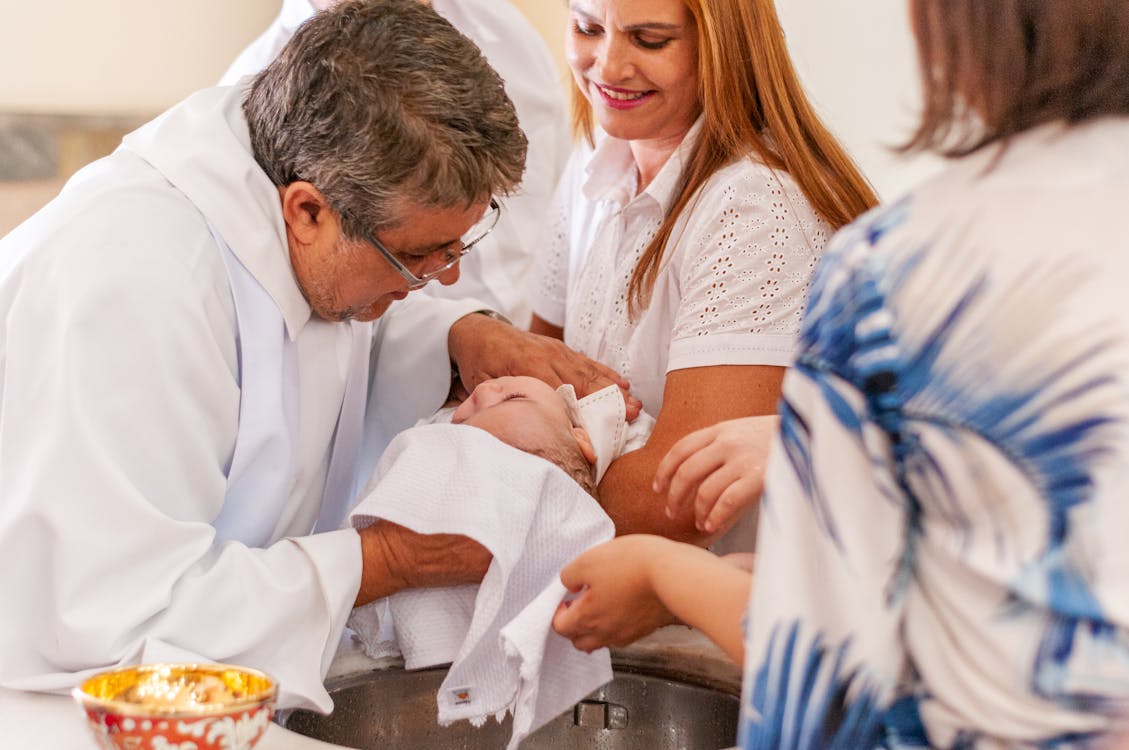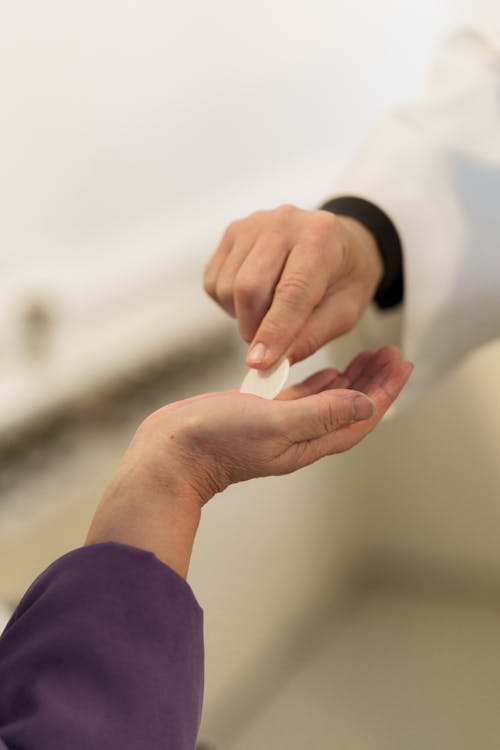We are delighted to share with you our library of resources. You can use the filter feature below to find topics most relevant to your curriculum.
Want to organise the resources you use most in one place? Register as a user to add content to your own Boards.
Roman Catholic Sacraments
What are the seven sacraments?
 Catholics have seven sacraments - ceremonies - that they believe God can bless people through.
Catholics have seven sacraments - ceremonies - that they believe God can bless people through.
- Baptism
- Penance / Confession
- Eucharist / Holy Communion
- Confirmation
- Matrimony (marriage)
- Holy Orders (ordination)
- Sacrament of the Sick
Three of these are described below:
Most Catholics are baptised when they are babies. During the ceremony, adults will make vows or promises on behalf of the baby.
Roman Catholic children usually make their first Holy Communion at the age of 7 or 8. It is a time of great celebration when the candidates usually wear white, if they are girls, and receive gifts to mark this special passage in their spiritual life. Any baptised Catholic can take their first Holy Communion. This may also be accompanied by the person's First Confession. A person will talk to the priest and tell him what they have done wrong. The priest will call down God's forgiveness on them.
Confirmation usually happens when a person has reached their teenage years. It is seen as a confirmation of the vows that were made during the baptism service. When a person is confirmed they become a full member of the church. The Sacrament of Confirmation often happens in the middle of a Mass; after the sermon and before receiving Communion (Eucharist). The names of everybody to be confirmed are read out they will then stand up and go to the Bishop at the front. Each candidate is asked questions about what they believe. They promise to reject evil.
These promises are like enrolment into the Catholic Church. It is a bit like joining a club, except that the promises affect the whole of a person's life. The Bishop then lays his hands on each of the candidates. This is to show them that they have the special job of living like Jesus would want and showing other people how to do the same. The hands are a symbol of the power and strength that will come to them through the Holy Spirit.
The Bishop says the candidate's name. This can be a special confirmation name (normally a saint's name) or the name they usually use. The Bishop then draws the sign of the cross on the forehead of the candidate with the oil of chrism. This oil is an ancient sign of being chosen by God. It is also used in baptism.
The sign of the cross shows that the candidate is a child of God. Oil can be used to heal or to give strength. The Bishop then says "Be sealed with the gift of the Holy Spirit," followed by "Peace be with you," and the candidate replies, "And also with you."

 HOLY COMMUNION
HOLY COMMUNION